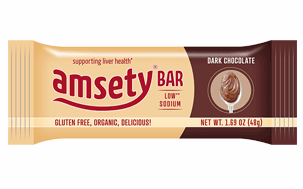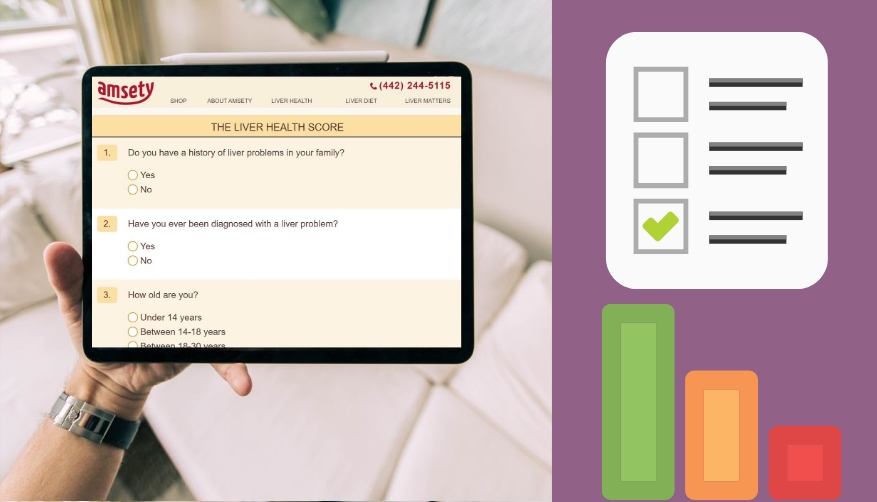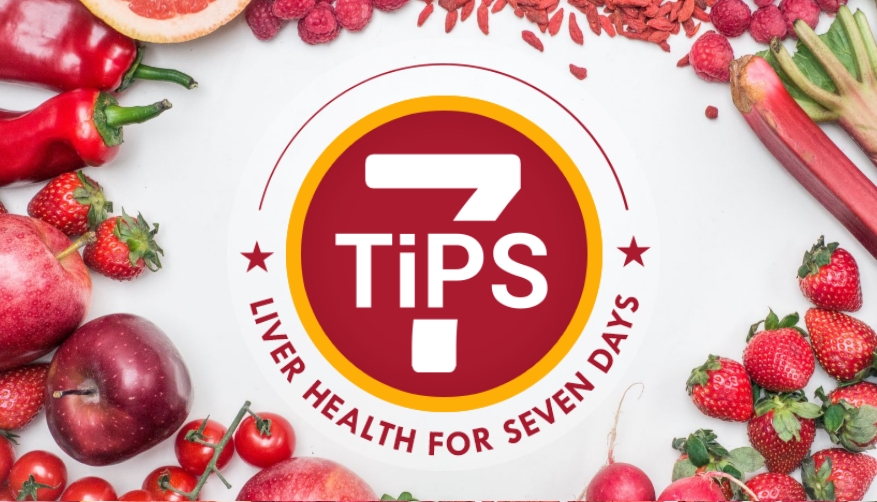Table salt is composed of 40% sodium and 60% chloride. Sodium chloride is the form in which 90% of sodium is consumed by Americans. While sodium does occur naturally in whole foods, the amount in which it exists is small enough to never cause health problems. Although sea salt is generally produced with less processing and additives than the table variety, both contain about the same amount of sodium. Thus, all types and all salt listed in the ingredients list should be consumed in moderation.
High salt intake is associated with high blood pressure, heart disease, and increased risk of strokes. It increases thirst and water retention in the body. Increased water retention causes swelling in the body and puts extra stress on the functioning of internal organs. As far as liver health in concerned, a high-sodium diet may cause further liver health complication and can contribute to liver disease worsening. Too much sodium in food can cause liver dysfunction resulting in water retention, swelling, and inflammation. This is why those with liver disease are often advised to have a low sodium diet.
The Dietary Guidelines for Americans recommend consuming no more than 2,300 mg of sodium and ideally under 1,500 mg each day. However, the average American adult consumes over 3,400mg of salt per day.
Salts are added to almost every pre-made meal you buy, from restaurants to fast food. In fact, 75% of the salt that Americans consume is from restaurant meals and processed food, the main contributors of which are meat and grains.
One full cheeseburger from a fast-food restaurant contains about 1,500 mg of sodium – already your daily recommended amount! And that’s without lunch, dinner, and your side of fries. In fact, 1 teaspoon of salt is approximately 2,300 mg sodium, so it is easy to consume too much if you’re not careful. Even seemingly healthy options, such as a cup of soup and a sandwich, contain a total of 2,200 mg of sodium.

Discover the first nutrition bars designed to support liver health.
Read more >
What Foods Are Really Bad for The Liver?

7 Essential Rules for Improving Liver Nutrition

How Can Sugar Damage Your Liver?

Questions To Ask Your Doctor About Your Liver Health Diet
What´s your Liver Health Score?
Find out whether you are leading a livery-health lifestyle

Kitchen Companion Printable
Get a FREE monthly printable with liver health tips for your kitchen.

Related Subjects
Back to top